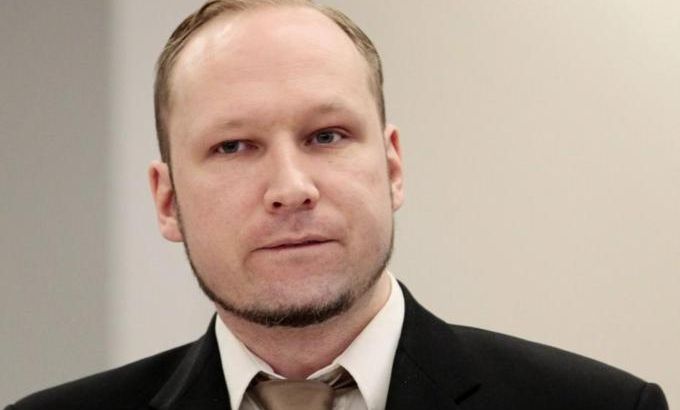Norway mass killings trial continues
Anders Behring Breivik, who admits killing 77 people in twin attacks last July, faces cross-examination by prosecutors.

Anders Behring Breivik, who killed 77 people in Norway last July, has taken the stand on the third day of his trial, a day after telling the court he would carry out his attacks again if he could.
Breivik was expected to face further cross-examination on Wednesday over the so-called Knights Templar, a supposed far-right network of anti-Islam activists to which he claims to belong.
Prosecutors say the group is a figment of Breivik’s imagination.
On Tuesday, Breivik started his statement by describing the July 2011 attacks in Oslo and at a youth camp on the island of Utoeya as “the most sophisticated and spectacular political attack committed in Europe since the Second World War”.
He told the court he had acted out of “goodness, not evil” in order to “defend his country”, and would do the same again.
The 33-year-old said he was inspired by al-Qaeda, as the second day of his trial ended.
Breivik’s testimony and cross-examination are not being broadcast live, as earlier court proceedings had been, amid concerns that the defendant could use the trial as a platform for far-right views expounded in a more-than 1,500-page document published online prior to the attack.
In that self-styled manifesto, Breivik described a trial as offering “a stage to the world”.
“These acts are based on goodness, not evil,” he said on Tuesday, arguing that he had acted to defend his country against multiculturalism. “They (Norwegians) risk being a minority in their own capital in their own country in the future.”
Asked if he would carry out the attacks again, Breivik said: “Yes, I would have done it again, because offences against my people … are many times as bad.”
Breivik compared Norway’s Labour Party youth wing to the Hitler Youth and called their annual summer gathering an “indoctrination” camp.
Breivik shot dead 69 people at the youth summer camp on the island of Utoeya after earlier killing eight people in a car bombing in Oslo.
The trial is expected to focus on whether or not Breivik is criminally sane and therefore accountable for his actions.
A first court-ordered psychiatric exam found him insane, while a second opinion came to the opposite conclusion.
If the court decides he is criminally insane, he will be committed to psychiatric care; if he is judged to be mentally stable, he could be sentenced to 21 years in prison, which could subsequently be extended if he was still deemed to pose a threat.